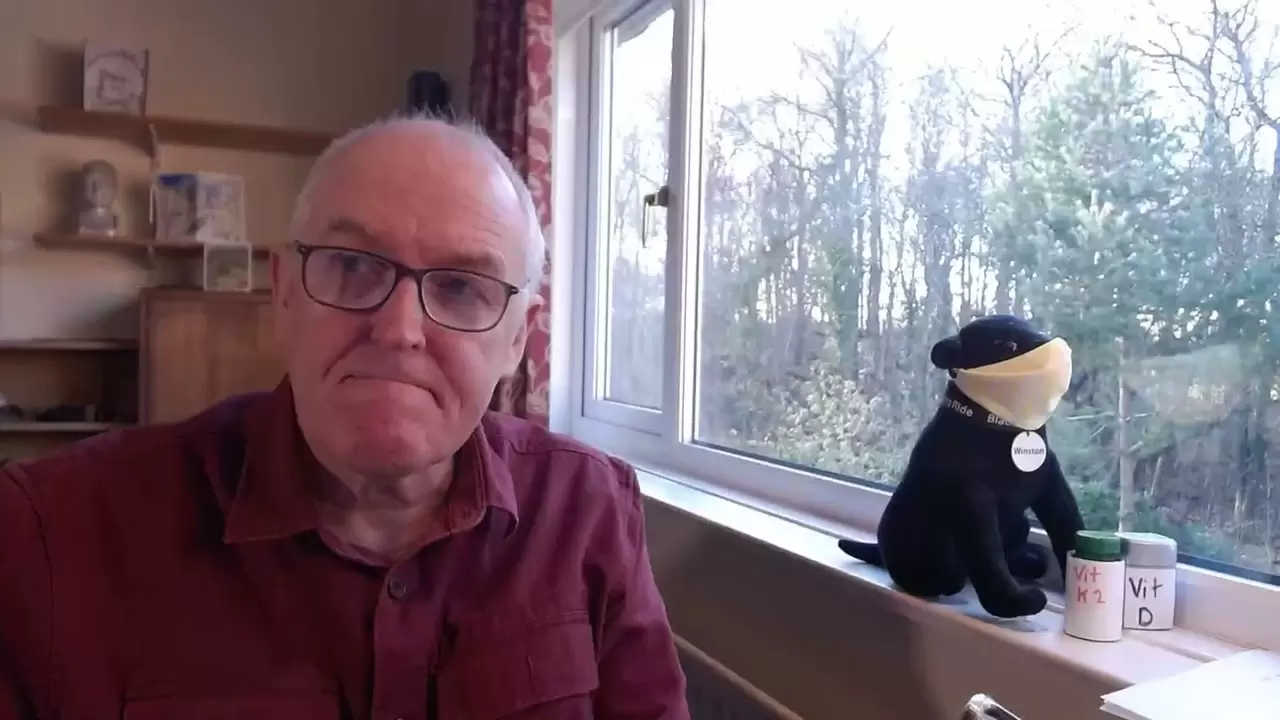Our Rights and The Law
Our thanks to Brother Thomas from the SA Jural Assembly for his assistance in compiling this page.
The Encyclopaedia Brittanica defines natural law as follows:
In philosophy, system of right or justice held to be common to all humans and derived from nature rather than from the rules of society, or positive law.
The principles of natural law are self-preservation and compassion (innate repugnance to the sufferings of others). This idea has been studied and debated by Aristotle (384 – 322 BCE), St. Augustine of Hippo (354 – 430), St. Thomas Aquinas (c. ~1224 – 1274), Hugo Grotius (1583 – 1645), Thomas Hobbes (1588 – 1679), Charles-Louis de Secondat Montesquieu (1689 – 1755) and Jean-Jacques Rousseau (1712 – 78) and Immanuel Kant (1724 – 1804).
Revived interest in natural law developed as a result of the atrocities committed during Nazi regime of Adolf Hitler, which ruled Germany from 1933 to 1945, which were deemed legal by Germany at that time.
However, the scepticism of the 19th century with regard to invoking nature as a source of moral and legal norms remained powerful, and contemporary writers invariably talk of human rights rather than natural rights.
Human rights are rights we have simply because we exist as human beings — they are not granted by any state. These universal rights are inherent to us all, regardless of nationality, sex, national or ethnic origin, color, religion, language, or any other status. They range from the most fundamental, such as the right to life, to those that make life worth living, such as the rights to food, education, work, health, and liberty.
The Universal Declaration of Human Rights (UDHR), adopted by the UN General Assembly in 1948, was the first legal document to set out the fundamental human rights to be universally protected. The UDHR, which turned 73 this year, continues to be the foundation of all international human rights law. Its 30 articles provide the principles and building blocks of current and future human rights conventions, treaties and other legal instruments.
The UDHR, together with the two covenants — the International Covenant for Civil and Political Rights, and the International Covenant for Economic, Social and Cultural Rights — make up the International Bill of Rights.
There is a maxim that states the law does not protect those that slumber on those rights.
We, the people, have inherent, natural pre-existing inalienable creator-given rights that have existed for thousands of years, long before “government” existed.
The Encyclopaedia Brittanica defines government as follows:
“Government”, the political system by which a country or community is administered and regulated. Most of the key words commonly used to describe governments — words such as monarchy, oligarchy, and democracy—are of Greek or Roman origin. They have been current for more than 2,000 years.
Government derives its powers from the consent of the governed.
The theory of government is supposed to be that we have surrendered some of our rights to government, so that the government protects the rights that we have not surrendered; that is the sole purpose of government: to protect our rights!
If our rights belong to us, they cannot be taken away by majority vote. They cannot be taken away by legislation. They cannot be taken away by command of the executive. They can only be taken away if we give them up.
Christine Anderson, a Member of the European Parliament (MEP) gave this speech at a parliamentary press conference:
It is not the goal that renders the system oppressive; it is always the methods by which the goal is pursued.
Whenever a government claims to have the people’s interest at heart, you need to think again.
In the entire history of mankind, there has never been a political elite sincerely concerned about the wellbeing of regular people. What makes any of us think that it is different now?
If the Age of Enlightenment has brought forth anything, it is certainly this: Never take anything any government tells you at face value. Always question everything any government does or does not do. Always look for ulterior motives and always ask: Cui bono? Who benefits?
Whenever a political elite pushes an agenda this hard, and resort to extortion and manipulation to get their way, you can almost always be sure your benefit is definitely not what they have at heart.
As far as I am concerned, I will not be vaccinated with anything that has not been properly vetted and tested, and has shown no sound scientific evidence that the benefits outweigh the disease itself and possible long-term side effects, which to this day we don’t know anything about.
I will not be reduced to a mere guinea pig by getting vaccinated with an experimental drug. And I will most assuredly not get vaccinated because my government tells me to, and promises in return I will be granted freedom.
Let’s be clear about one thing: no one “grants” me freedom, for I am a free person.
So I dare the European Commission and the German government: Throw me in jail, lock me up and throw away the key, for all I care. But you will never be able to coerce me into being vaccinated if I, the free citizen, choose not to be vaccinated.
Governments come and go.
Apartheid and the Holocaust were once “law”.
Remember that.







